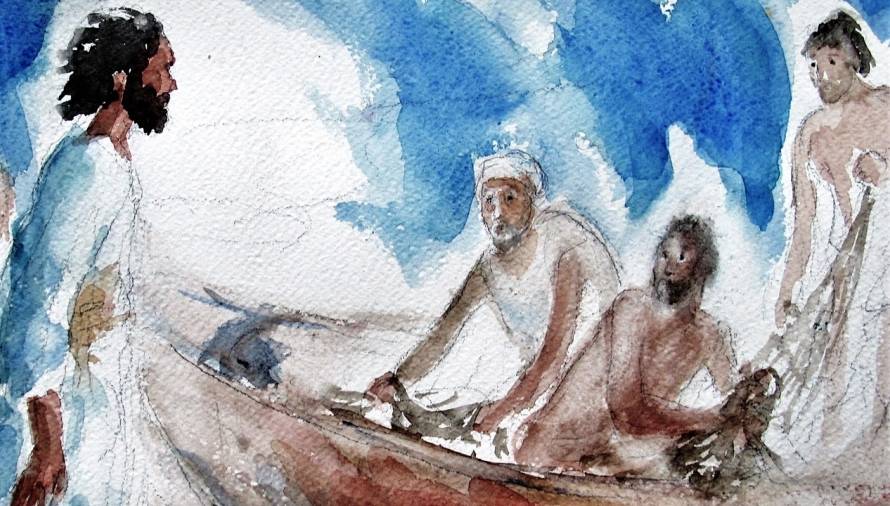Jericho is the city that marks the entrance to the Promised Land, the very land where the Israelites arrived after their slavery in Egypt. It is in this city that Jesus performs a miracle that is particularly interesting for the theological references that the evangelist Luke wants to make in his account.
“As he approached Jericho, a blind man was sitting by the roadside begging.” (Luke 18:35-43). Blindness and begging are two characteristics typical of those who no longer see what matters in life and, precisely for this reason, are no longer able to live but only to survive. But this man preserves in his fragility all the ingredients necessary for his spiritual life to bring about an unexpected event, a healing, a miracle.
First of all, he is capable of listening: “When he heard the crowd passing by, he asked what was happening. They told him, ‘Jesus of Nazareth is passing by!’” (Luke 18:36,37). It is crucial to know how to listen when we are in that crisis of darkness that prevents us from seeing where we are going.
But listening is true if it arouses in us the only interesting thing we can do, which is to pray with sincerity and strength: “Then he began to cry out, ‘Jesus, Son of David, have mercy on me!’ Those who walked ahead rebuked him, telling him to be silent, but he cried out all the more, ‘Son of David, have mercy on me!’”(Luke 18:38-39).
This man’s prayer is not complicated; it is infinitely simple, but it has a characteristic that we very often overlook: it is insistent, continuous, and stubborn. The number one rule of prayer is not to stop praying, even if everything around you is trying to make you stop. It is this constancy that disposes this man’s heart to enter into a personal relationship with Jesus: “Jesus stopped and ordered them to bring him to him. When he was near, he asked them, ‘What do you want me to do for you? ’ He replied, ‘Lord, I want to see again. ’ Jesus said to him, ‘Receive your sight! Your faith has saved you“ (Luke 18:40-43).
Thus, this simple and constant prayer gives him what he lacks: a new vision of life.
(The work ”The Healing of the Blind Man of Jericho” is a painting by Carl Heinrich Bloch, 1871)


